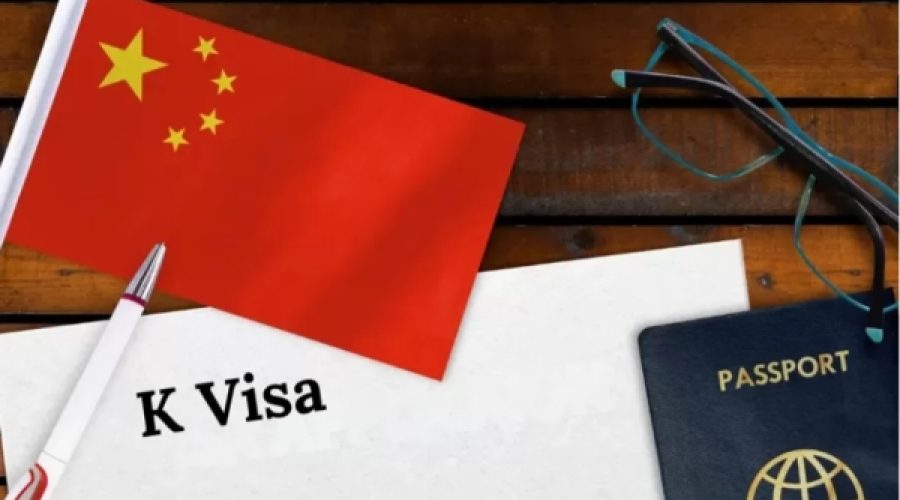China’s New K Visa: Opportunities for Businesses to Attract Top Foreign Tech Talent
China Introduces New K Visa Program to Attract Global Talent
On Wednesday, China launched a new visa program designed to attract foreign talent in science and technology, reinforcing its ambition to become a global leader in these sectors as it competes with the United States.
This initiative, announced in August, sharply contrasts with recent US policies, particularly changes to the H-1B visa system introduced by the Trump administration, which has made it more expensive and complex for skilled workers to obtain visas.
The K visa significantly streamlines the immigration process for eligible candidates, requiring no invitation from a domestic employer or organization, which sets it apart from many other visa categories.
According to the state-run Xinhua news agency, K visa holders will enjoy enhanced access, with more convenient terms regarding entries, validity, and duration of stay. While the official criteria specify “young foreign scientific and technological talents,” the precise age, educational background, and work experience requirements remain unspecified.
Visa holders will be permitted to participate in exchanges across education, culture, science and technology, as well as related entrepreneurial and business activities.
Meanwhile, the US tech industry is grappling with unexpected changes to the H-1B visa process. These visas traditionally allow companies to sponsor skilled foreign workers, including scientists, engineers, and computer programmers, for up to six years. However, new regulations now stipulate a one-time fee of $100,000 for H-1B applicants, disproportionately affecting Indian nationals, who make up about 75% of the recipients in the annual lottery.
Addressing perceived concerns, an article in the People’s Daily dismissed "strange rumors" about potential "immigration problems" arising from the new visa. The publication emphasized, "The so-called ‘immigration crisis’ will not materialize; we should have cultural confidence."
Strategic Implications of the K Visa
The K visa represents a strategic effort by China to draw foreign expertise in technology and innovation, particularly amid increasing geopolitical tensions and a tech rivalry with the West, noted Mohanad Yakout, a senior market analyst at Scope Markets.
This move signals Beijing’s commitment to enhancing its status as a global hub for research and development while fostering a more welcoming atmosphere for international professionals through simplified residency and work procedures.
According to Yakout, the policy is expected to positively impact China’s financial markets, particularly the tech sector, which has seen a decline in foreign investment and a lack of specialized talent due to previously stringent regulations. The visa could stimulate innovation among Chinese companies, especially startups, leading to improved performance of tech stocks in the medium to long term.
Moreover, the influx of foreign expertise may elevate the global competitiveness of local firms by enhancing product quality and the speed of development.
For investors, this policy could help restore confidence in the volatile Chinese tech sector, which has faced challenges from recent regulatory crackdowns and uncertainties surrounding Sino-Western relations.
If effectively and transparently implemented, the new visa program could lead to increased valuations in Chinese stock markets, particularly in the AI and semiconductor industries. Ultimately, the initiative’s success hinges on China’s ability to cultivate an attractive and secure environment for foreign talent, free from political constraints and excessive oversight.
Special Analysis by Omanet | Navigate Oman’s Market
China’s new K visa program presents significant opportunities for businesses in Oman looking to collaborate in technology and innovation sectors. By capitalizing on the influx of global talent, smart investors and entrepreneurs should consider forming strategic partnerships with Chinese tech firms to enhance their competitive edge. However, they must also be aware of potential risks associated with geopolitical tensions and ensure they navigate the evolving landscape thoughtfully.



